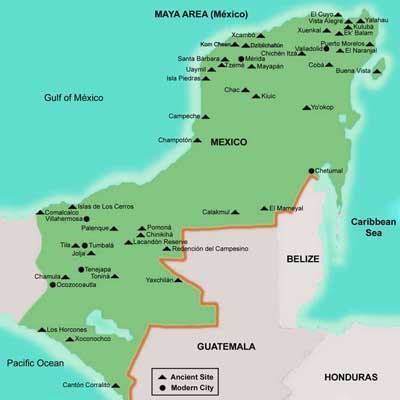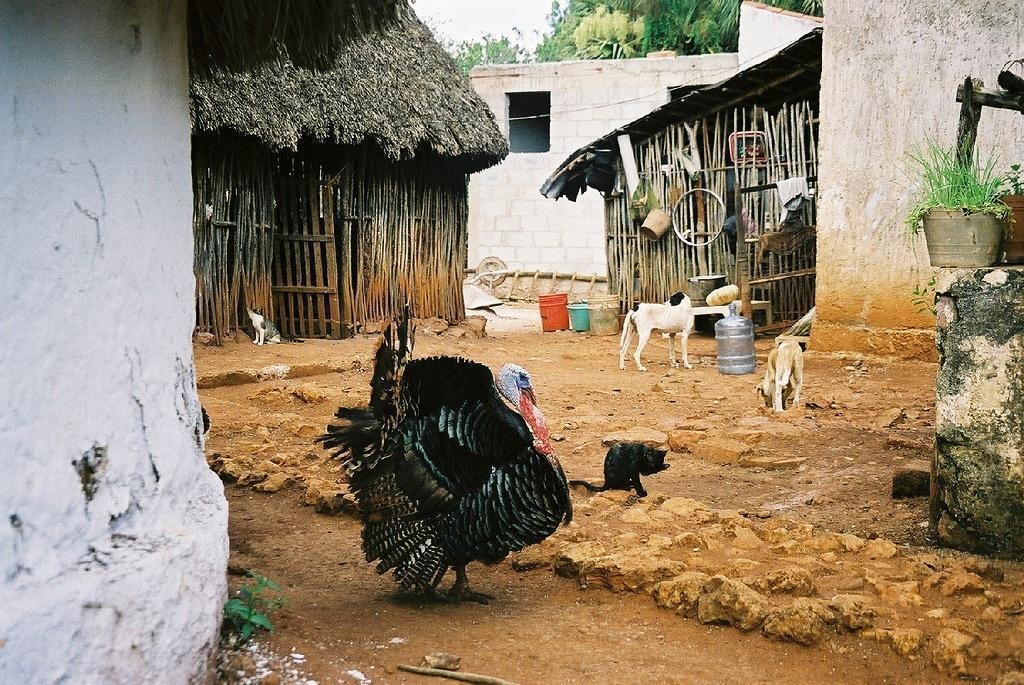Participatory action research in a rural Yucatec Maya community

Different initiatives have promoted the use of improved cook stoves around the world. Their goal has been to eradicate cooking over open flame inside dwellings because it is associated with health problems, inefficient resource use and greenhouse gas emissions. Most of these improved cook stoves initiatives depend heavily on expert-generated solutions, treating users as mere recipients. However, they have had little success in terms of adoption rates. Their failures are due to myriad factors, highlighting the complexity of this problem.
In the rural community of Yaxcabá, Mexico, most households use wood as a cooking fuel in small fire pits.As an alternative approach to this problem, we proposed a project to create an improved cook stoves based on dialogue with community members.
We used a systems approach to analyze the large number of variables involved in the problem. Following participatory action research approach, we worked with 17 participants forming two groups in a process of self-diagnosis, design, construction and evaluation of two improved cook stoves models. The participants stated that the resulting improved cook stoves offered multiple advantages over previous devices, particularly in sociocultural, environmental and comfort aspects.
Abstract provided on behalf of the authors: Octavio López-Martínez and Heriberto Emilio Cuanalo de la Cerda
We invite you to learn more about this experience by reading our article HERE. Free 30-day access is available for this article beginning 28 July, 2017.
After you’ve had a chance to read this piece, please share your thoughts, ideas, or experiences with our community in the comments below so we can continue this discussion!
- Making Public Deliberations Inclusive with Mixed Methods AR - October 26, 2020
- Participatory action research with Aboriginal Elders: Ngulluk Koolunga Ngulluk Koort project - October 12, 2020
- Bringing the relational self to ART: Interview with Dr. Yvonne Skipper - October 1, 2020

